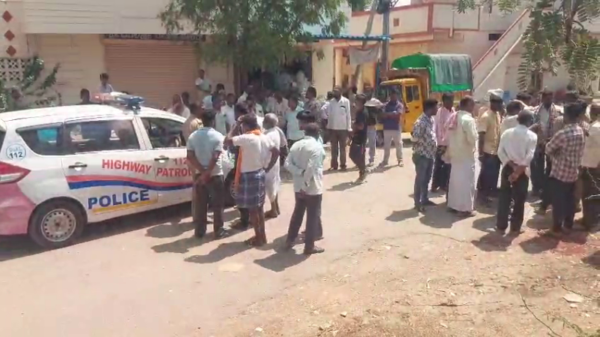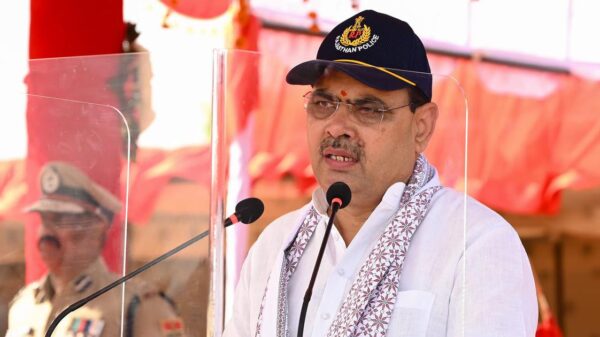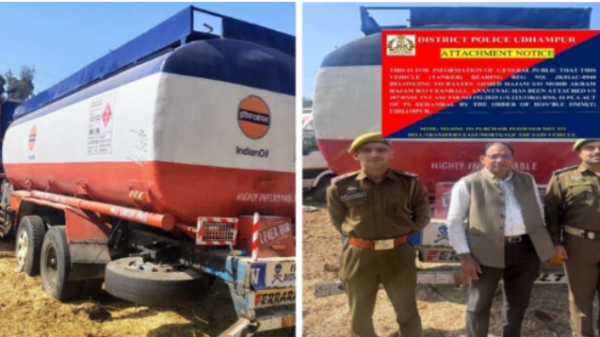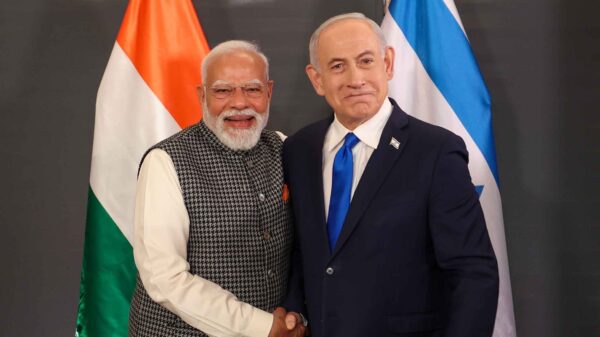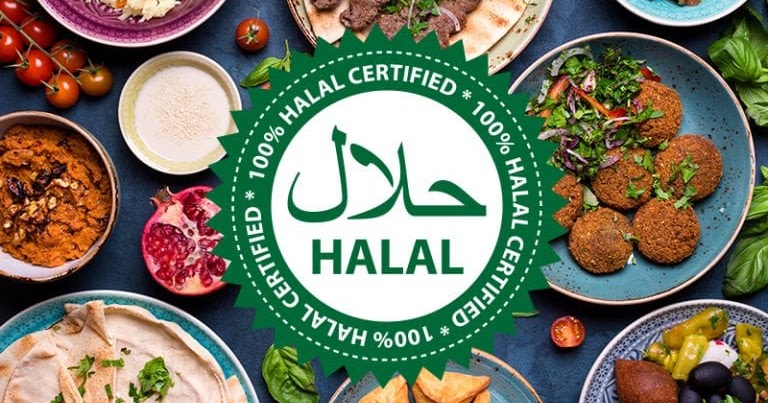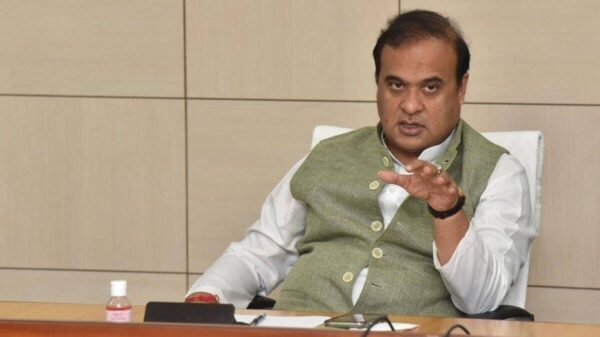Halal is an Arabic word that means “permissible” or “lawful” in Islam. It is often used to refer to food that is prepared according to Islamic dietary rules, but it can also apply to other products that are consumed or used by Muslims. Halal certification is a process of verifying that a product meets the requirements of halal standards and is suitable for Muslim consumers.
On November 18, the Uttar Pradesh government announced a statewide ban on products being sold with halal certificates.
“The manufacturing, storage, distribution, and sale of halal-certified food products are banned with immediate effect,” read an order issued by the UP Food, Safety and Drug Administration Commissioner Anita Singh.
This happened after an FIR was lodged at Lucknow’s Hazratganj police station on Friday, November 17, in which the complainant Shalendra Sharma alleged that “some companies have started certifying products as halal in order to increase their sale among a community,” and thus were “toying with the public’s faith”.
How does Halal certification work?
Halal certification is a voluntary service that is offered by various private organizations that claim to represent the Muslim community and follow the Islamic Shariah law.
These organizations charge a fee for their services and have their own standards and criteria for halal certification. Some of the major halal certification bodies in India are Jamiat-Ulama-E-Maharashtra, Jamiat-Ulama-i-Hind Halal Trust, Halal India and Halal Certification Services India.
These agencies conduct audits, inspections, and lab tests to ensure that the products they certify are free from any haram (forbidden) ingredients or contaminants, such as pork, alcohol, blood, or animal byproducts that are not slaughtered in the prescribed Islamic way. They also check the packaging, labelling, storage, and transportation of the products to prevent any cross-contamination or tampering.
Once a product passes the halal certification process, it is given a halal logo or seal that indicates its halal status. The logo or seal may also mention the name of the certifying agency and the country of origin. The halal certificate is valid for a certain period of time, usually one year, and has to be renewed periodically.
How do businesses benefit from Halal certification?
As per Research and Markets, the global halal food market is growing exponentially and is expected to show a compound annual growth rate of 11.24 per cent during 2022-2027. Thus, several companies wishing to export their products to a larger consumer base opt to get the halal certification. Haldirams, the Indian multinational sweets, snacks and restaurant and restaurant company, is halal-certified.
Halal certification also helps businesses expand their market share and customer base by catering to the growing demand for halal products among Muslims and non-Muslims alike. According to a report by the Pew Research Center, Muslims are projected to make up 29.7% of the world’s population by 2050, up from 24.1% in 2020.
Halal certificates can Increase export potential by complying with the halal regulations and standards of different countries, especially in the Middle East, Southeast Asia, and Africa, where halal products are highly preferred and valued. According to a report by the International Trade Centre, the global halal market was worth $2.3 trillion in 2018, with food and beverages accounting for 58% of the total value.
Halal certification can also help businesses gain the trust and loyalty of Muslim consumers, who consider halal as a religious obligation and a way of life, and enhance their reputation and credibility by demonstrating their commitment to quality, safety, and ethical practices.
Why does the UP government want to ban Halal certification?
Despite the obvious economic advantages of being halal-certified, the Indian government, in 2021, dropped the word ‘halal’ from the Agricultural and Processed Food Products Export Development Authority’s red meat manual, which outlined the contours of meat exports. It said that Halal certification is unnecessary and irrelevant, as it has nothing to do with the quality or safety of the products, and is only a religious or cultural symbol or label.
In 2019, a petition was filed in the Supreme Court of India, seeking a ban on halal certification and labelling in the country, on the grounds that it violated the fundamental rights of the citizens and the secular nature of the state. The petition is still pending before the court.
Similarly, in 2020, a group of activists launched a campaign called “Boycott Halal Products”, urging people to stop buying or using halal products and to support local and indigenous products instead. The campaign also accused halal certification of being a tool for Islamic expansionism and radicalization, and of funding terrorism and anti-national activities.
Most recently, the Uttar Pradesh government imposed a statewide ban on products being sold with halal certificates, following a police complaint that alleged that some companies were using fake or forged halal certificates to certify products that had nothing to do with meat or animal byproducts, such as cosmetics, toothpaste, oil, and soap. The police have also named several associations in the case, such as Jamiat Ulema Hind Halal Trust in Delhi, Halala Council of India, and Jamiat Ulema in Mumbai.






